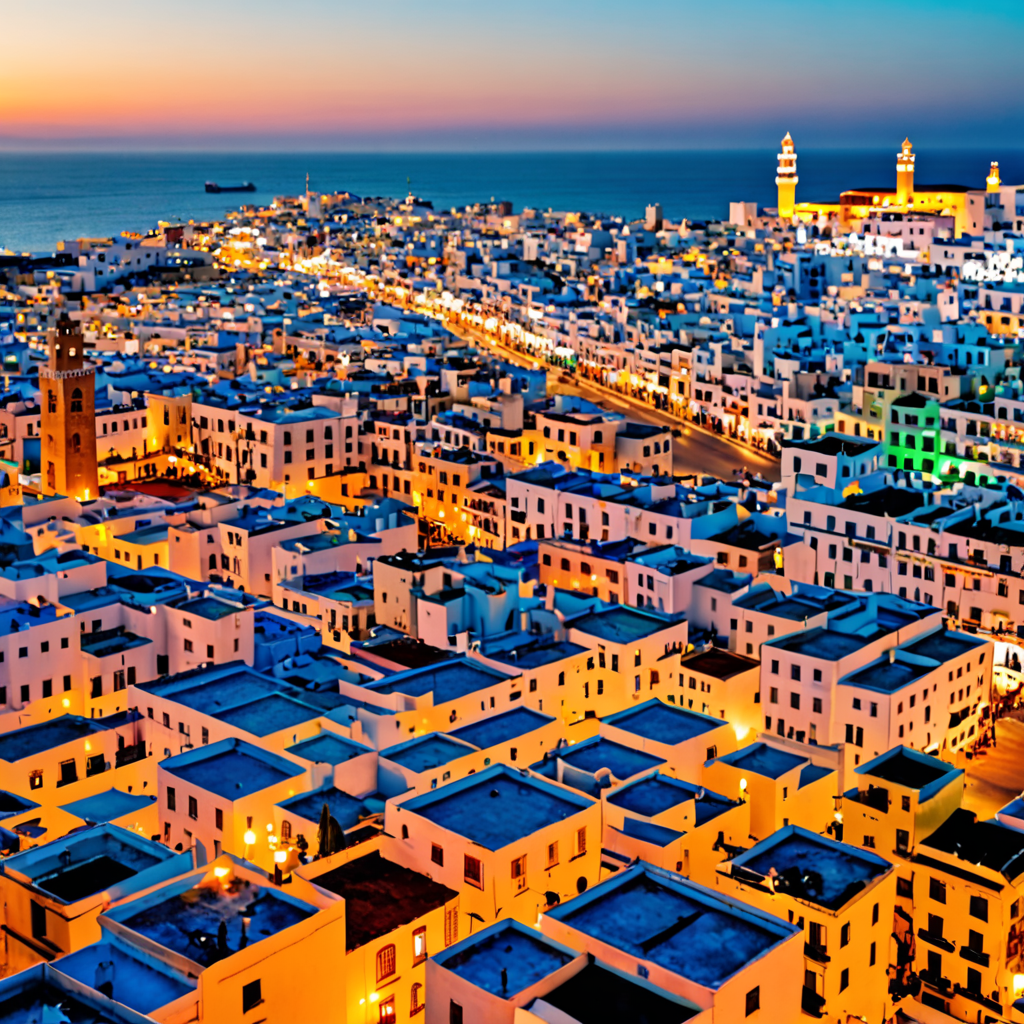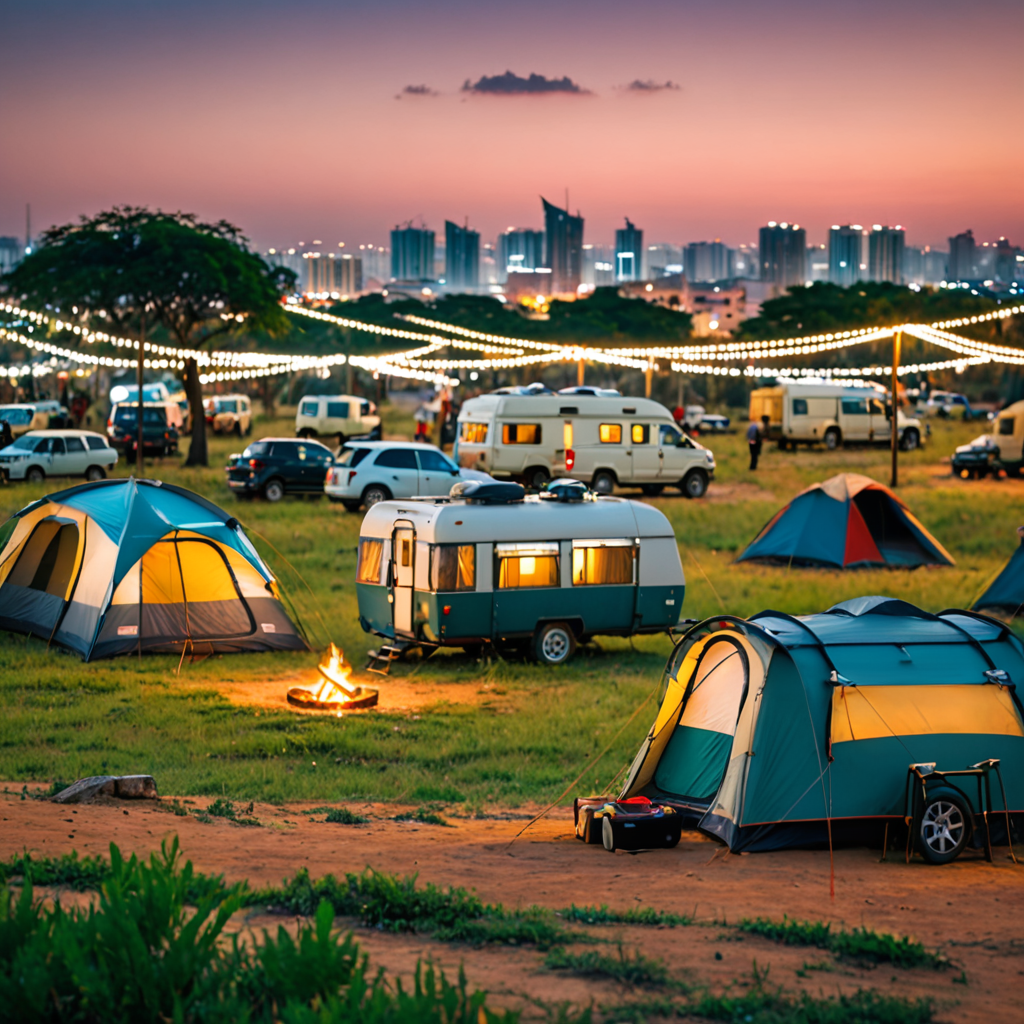Exploring Bahrain's Wildlife and Nature Reserves
Bahrain is an archipelago nation in the Persian Gulf, known for its rich history and cultural heritage. However, it is also a haven for nature enthusiasts, with diverse ecosystems and abundant wildlife, including many rare and endangered species. The country has established several nature reserves to protect and preserve its natural heritage, offering visitors an opportunity to explore and appreciate its biodiversity.
The Al Areen Wildlife Park and Reserve
The Al Areen Wildlife Park and Reserve is Bahrain's largest protected area, spanning over 7 square kilometers. The reserve is home to over 100 species of animals, including mammals, birds, and reptiles, from all over the world. Visitors can spot Arabian oryx, gazelles, ostriches, zebras, giraffes, and cheetahs, among many others. The park also has a rehabilitation center for injured and orphaned wildlife, where visitors can learn about the conservation efforts and the importance of protecting Bahrain's wildlife.
Al-Dour Reserve
Al-Dour Reserve is a coastal reserve located on the southern coast of Bahrain. It covers an area of approximately 2 square kilometers and is a haven for migratory birds. The reserve is particularly important as a wintering site for waterbirds, with over 30,000 birds recorded during peak season. Visitors can spot flamingos, herons, egrets, and other waterbirds, as well as several species of migratory birds of prey. The reserve also has hiking trails and observation platforms, allowing visitors to explore and observe the wildlife in their natural habitat.
Marine Life and Conservation
Bahrain's marine environment is home to a rich diversity of marine life, including coral reefs, seagrass beds, and mangrove forests. The country has established several marine protected areas, including the Hawar Islands Wildlife Sanctuary, to safeguard these valuable ecosystems. Marine conservation efforts focus on protecting endangered species, such as the hawksbill turtle and the dugong, as well as promoting sustainable fishing practices.
Desert Ecosystems
The desert ecosystems of Bahrain are characterized by their arid climate, sparse vegetation, and unique adaptations of plants and animals to survive in these harsh conditions. The Al Areen Wildlife Park and Reserve is a prime example of a desert ecosystem, showcasing the flora and fauna that have evolved to thrive in Bahrain's desert landscapes. Visitors can observe desert plants, such as the iconic sidr tree, and animals, such as the Arabian gazelle, which have adapted to the extreme temperatures and limited water availability.
Endangered Species and Protection
Bahrain is home to several endangered species, including the Arabian oryx, the houbara bustard, and the Hawksbill turtle. The Al Areen Wildlife Park and Reserve plays a crucial role in the conservation of these species through its breeding and reintroduction programs. The park's efforts have contributed to the successful reintroduction of the Arabian oryx into the wild, and ongoing conservation initiatives aim to protect and restore the populations of other endangered species in Bahrain.
Ecotourism and Sustainable Tourism
Nature reserves in Bahrain offer opportunities for ecotourism and sustainable tourism. Visitors can engage in wildlife viewing, birdwatching, and hiking while respecting the delicate ecosystems and minimizing their impact on the environment. Local tour operators and guides can provide responsible and educational experiences for tourists, showcasing Bahrain's natural heritage while promoting conservation awareness.
The Future of Conservation in Bahrain
Bahrain's commitment to conservation is evident in its ongoing efforts to protect its wildlife and natural habitats. The country continues to invest in research, education, and community engagement to ensure the long-term sustainability of its ecosystems. By balancing development with conservation, Bahrain aims to preserve its rich biodiversity for future generations to enjoy and appreciate.
FAQs:
- What are the best times to visit Bahrain's nature reserves?
The best time to visit Bahrain's nature reserves is during the cooler months, from October to April, when temperatures are more moderate.
- Are there guided tours available at the nature reserves?
Yes, most nature reserves in Bahrain offer guided tours conducted by experienced naturalists. These tours provide insights into the local wildlife, ecosystems, and conservation efforts.
- What precautions should be taken when visiting the nature reserves?
Respect the wildlife and their habitats, stay on designated trails, and avoid disturbing the animals. Carry plenty of water and sunscreen, and dress appropriately for the weather conditions.



